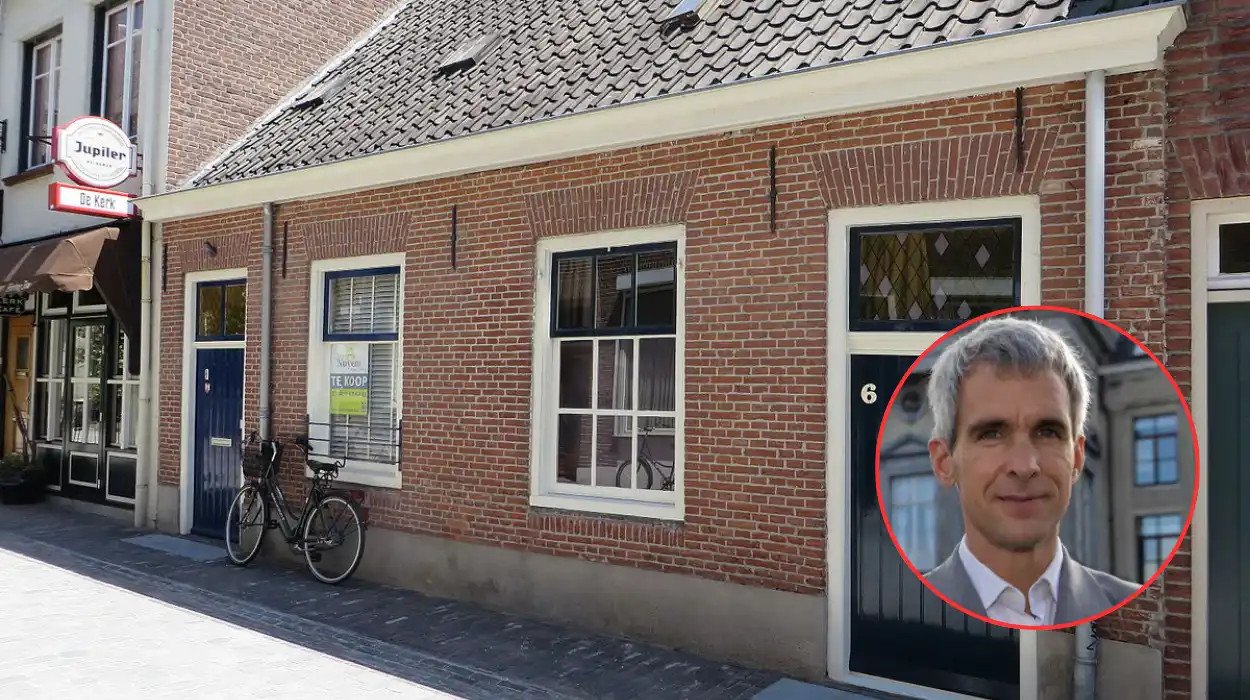Brussels – Belgium’s federal budget deficit has surged to 4.2% of GDP, equivalent to €26.6 billion, prompting urgent action from Minister-President Matthias Diependale and Prime Minister De Wever to implement measures aimed at meeting fiscal targets by 2029, reports 24brussels.
The rising deficit has raised alarms among financial authorities, compelling Flemish Minister-President Matthias Diependale (N-VA) to present modifications to the Flemish budget in Parliament. The Monitoring Committee’s latest data reveals a persistent increase in the federal deficit, indicative of mounting pressure on the country’s finances and the challenges of controlling public spending.
Forecasts from the Monitoring Committee suggest that Belgium’s federal budget deficit is on track to reach 5.5% of GDP, or more than €39 billion, by the end of the government’s term in 2029. This escalating deficit could pose significant challenges for the De Wever administration, which faces a deadline on October 14, 2025, for presenting a comprehensive plan to manage expenditures, diminish the deficit, and reassure both parliament and financial observers.
What is driving Belgium’s federal deficit to €39 billion by 2029?
In July 2025, the Monitoring Committee estimated the deficit at 4.1% of GDP, roughly €26.2 billion. However, the recent update raised the figures to 4.2% of GDP, highlighting difficulties in the balance of spending, economic growth, and debt management. The federal budget deficit has shown a consistent upward trend over the past decade, alarming economists and policymakers alike. In 2013, the deficit stood at 2.9% of GDP and increased to 4.4% by 2023, with projections indicating a possible deficit of 5.4% of GDP by 2030, amounting to nearly €40 billion.
Experts attribute this ongoing rise in Belgium’s deficit to several factors, including the social costs associated with an aging population, rising interest payments on public debt, and increased defense expenditures. The current coalition government has set an ambitious target to reduce the deficit to below 3% of GDP ahead of the next elections, marking a crucial goal for the administration.










